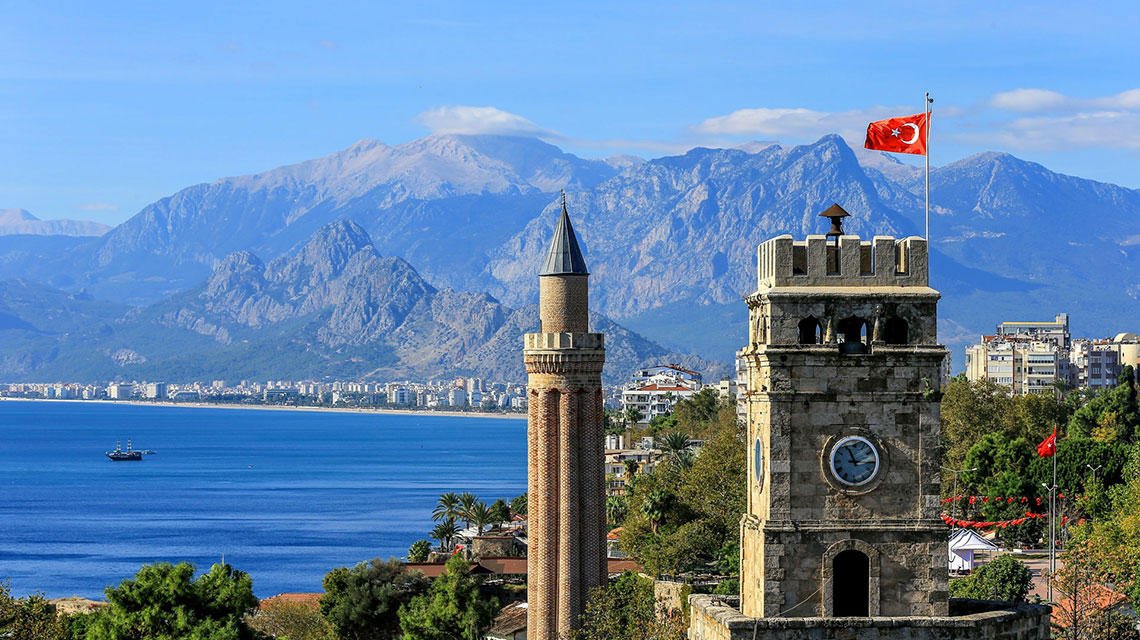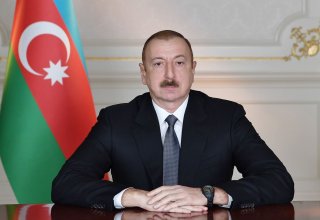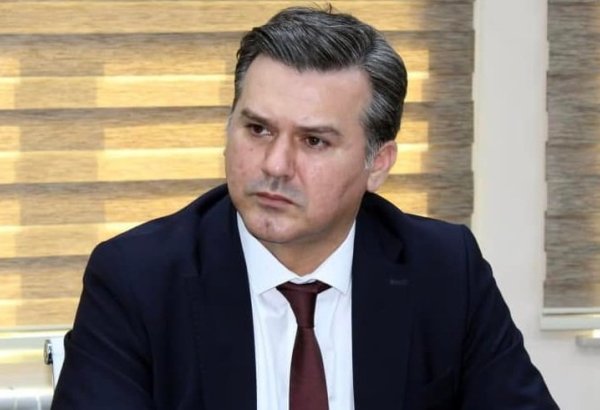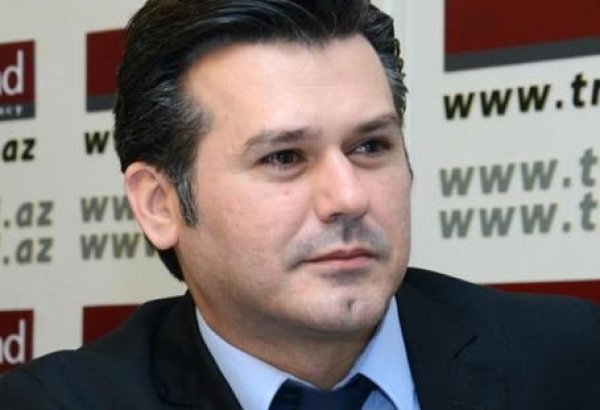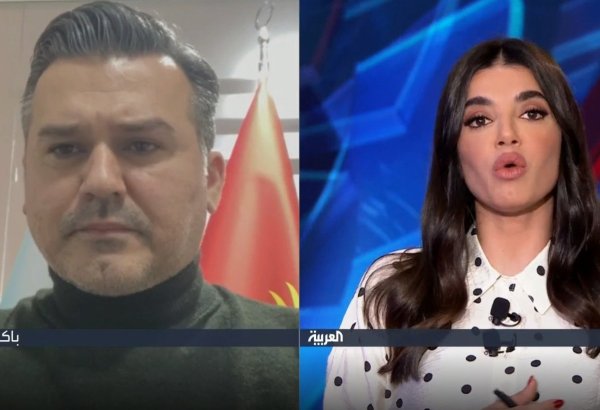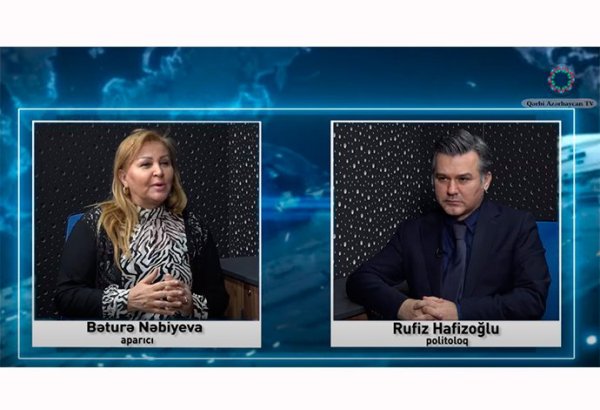Baku. TurkicWorld:
Turkey's "Zero problems with neighbors" policy, authored by Ahmet Davutoglu, who used to be one of the influential political figures in this country, hasn’t led to the expected results in Ankara's foreign policy.
At the same time, this political theory deserves to be paid tribute, to because partly thanks to it, Turkey was able to promote its interests in the region, in particular, in the countries of the Middle East, which are known for an acute shortage of political leaders, of which, in principle, Ankara took advantage. Besides, the Turkish authorities made a series of visits to Syria and almost normalized relations with Damascus.
As it’s known, not all Arab states and Western countries were delighted with the foreign policy of Ankara. The West believed that this policy of Turkey, given the problems existing in the Arab world, was aimed at strengthening neo-Ottomanism in the region, which, in principle, was feared by the heads of a number of Arab countries.
Earlier, representatives of the Turkish Foreign Ministry were invited to the summits of the League of Arab States (LAS), but now the member countries of this organization openly accused Ankara of interfering in their internal affairs.
People in Turkey believe that the main reason for the failure of the "Zero problems with neighbors" theory was the non-readiness of the neighbors themselves to normalize and strengthen the relations.
After the unrest in a number of Arab countries, Turkey's relations with such key states as Egypt, Saudi Arabia, the UAE, Syria and partially Iraq, as well as with Israel, the main player in the Middle East region, deteriorated.
Thus, Ankara found itself face to face with new realities. As it’s known, in May last year, Turkey and Egypt began to establish diplomatic contacts to resume relations, which, to put it mildly, reached an impasse after a military coup in the country of pyramids against the Muslim Brotherhood.
It can also be said that the problems with the UAE and Saudi Arabia, which deteriorated after the murder of the well-known journalist, political expert and writer Jamal Khashoggi in 2018 have been partially eliminated.
It’s worth emphasizing that prior to the visit of Turkish President Recep Tayyip Erdogan to the Kingdom of Saudi Arabia on April 28, 2022, Ankara referred the Khashoggi murder case to the Saudi courts on April 7, which became the main cause of tension in relations between the two countries.
Serious shifts were also outlined in relations with Israel, which was previously Turkey's main ally.
On March 9, Israeli President Isaac Herzog arrived on an official visit to Ankara. The two-day visit of the head of the State of Israel began with the laying of flowers at the Mausoleum of Ataturk. Herzog became the first Israeli top official to visit Turkey since 2008.
As for Syria, according to a number of Ankara's political circles, a serious shift is also partly expected here, but Turkey will still have to use the service of a third, most likely Arab country.
Taking into account all the above, it can be said that Turkey has begun to pursue an active policy of restoring relations with these countries. This is undoubtedly the beginning of the "Zero problems with neighbors-2" policy.
Deputy Director General of Trend News Agency








